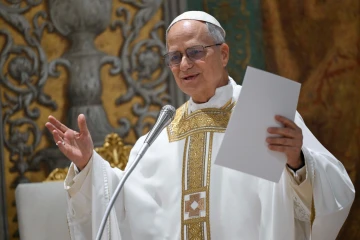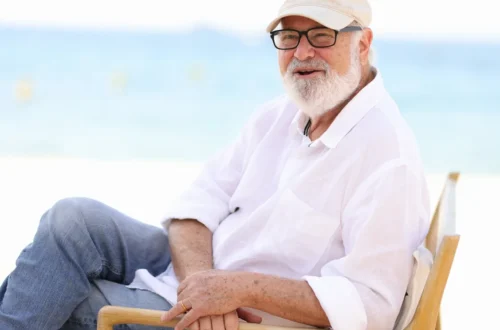VATICAN CITY – July 6, 2025 — In a significant step toward accountability and reform, Pope Leo XIV has appointed Bishop Matteo Borghese as the new head of the Vatican’s Office for the Protection of Minors and Vulnerable Adults, signaling a renewed global effort to combat sexual abuse within the Catholic Church.
The appointment was announced Sunday at the Apostolic Palace following a closed-door meeting of the Pontifical Commission for the Protection of Minors. Bishop Borghese, 58, a Jesuit and former human rights advocate with years of experience in conflict mediation and victim outreach, will take up the position immediately.
“This is a moment not just of reckoning but of rebuilding,” said Pope Leo XIV in his prepared remarks. “Bishop Borghese has shown great courage in confronting difficult truths and great compassion in serving the wounded. He will lead our renewed mission to bring light to hidden suffering and justice where there has been none.”
The newly empowered office, reporting directly to the Secretariat of State, is part of a sweeping institutional overhaul ordered by Pope Leo in March. The reforms include mandatory training for all clergy worldwide, independent reporting mechanisms outside diocesan structures, and the establishment of survivor advocacy panels in every major archdiocese.
Bishop Borghese’s mandate includes overseeing investigations into allegations of abuse, ensuring local compliance with new safeguarding norms, and facilitating reparations processes. He is also expected to work with secular authorities where appropriate and to encourage greater transparency from church leadership at all levels.
Speaking to reporters outside the Vatican press room, Borghese said, “We cannot heal what we do not face. The wounds inflicted by members of the clergy are real, deep, and lasting. Our first duty is to survivors, whose pain must be acknowledged, heard, and addressed—not hidden away for the sake of appearances.”
The Vatican’s previous efforts to combat abuse have been widely criticized as inconsistent and insufficient, with some bishops accused of protecting offenders rather than victims. The new approach under Pope Leo XIV—who has publicly apologized on multiple occasions to survivors of clerical abuse—aims to restore credibility and moral leadership.
Survivor groups cautiously welcomed the announcement. “This could be a turning point,” said Angela Roche, director of the global survivor network Via Lucis. “But it will only matter if Bishop Borghese is given real power, and if the Church finally listens to us—not just with words, but with action.”
The Vatican confirmed that Borghese will have direct access to papal audiences and will publish quarterly reports detailing his office’s findings and progress, a move meant to build trust through transparency.
Bishop Borghese’s first act in office will be a listening tour across several countries that have experienced abuse crises, beginning with Chile, Germany, and the United States.
“We begin again,” he said quietly. “And this time, we begin by listening.”




